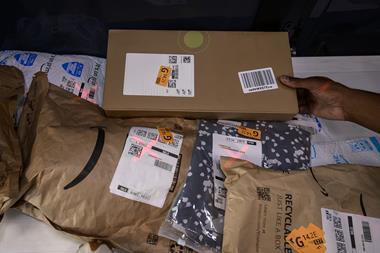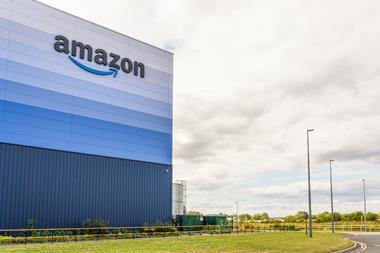The coronavirus pandemic has created immediate and long-lasting changes in consumer demand across all product categories, generating disruption across the retail sector.
The crisis originated as a supply and demand challenge for retailers but has evolved to become a business-critical revenue challenge. It has become evident that transparency, agility and end-to-end supply chains are no longer retail buzzwords but elements that are quintessential for business survival.
Over the past two months, we’ve seen technology and innovation help cut through the supply chain chaos, there’s been effective sharing of data across supply chains to generate insights, and automation and AI have helped to manage complexities.
“Over the past two months we’ve seen technology and innovation help cut through the supply chain chaos”
By using data and technology together, retailers benefit from full transparency of their supply chain; knowing where their products are and having the ability to predict and react to volatility in demand.
This is only possible, however, if retailers have access to data from their suppliers, in-transit orders and data from across their domestic and store network.
The lasting impact of Covid-19 on supply chain strategies
Retailers need to break down the barriers between domestic and international supply chains to gain an end-to-end understanding of where their products are sitting and the channels they’re selling through.
The days of managing orders via spreadsheets and manual updates are over. Instead, end-to-end transparency at any time and links between demand and supply – with joint KPIs – will be expected.
Increasingly, retail boardrooms will demand that international supply chains get the same attention as domestic and the same level of insight and tools.
The benefits of end-to-end supply chains are clear: increased optimisation upstream, shortened lead times and balanced inventory to ensure the right levels of stock will be in stores and distribution centres – all factors that support a true omnichannel strategy.
The coronavirus crisis will be a tipping point for supply chain transformation. Now is the time for retailers to look to their supply chain as an enabler of growth.

Mikkel Rasmussen is European regional director of supply chain products at Maersk.
Maersk recently hosted a virtual event with Retail Week on Lessons in agility: How Covid-19 is reshaping retail supply chains. Enter your details here to gain free access to the recording.


























